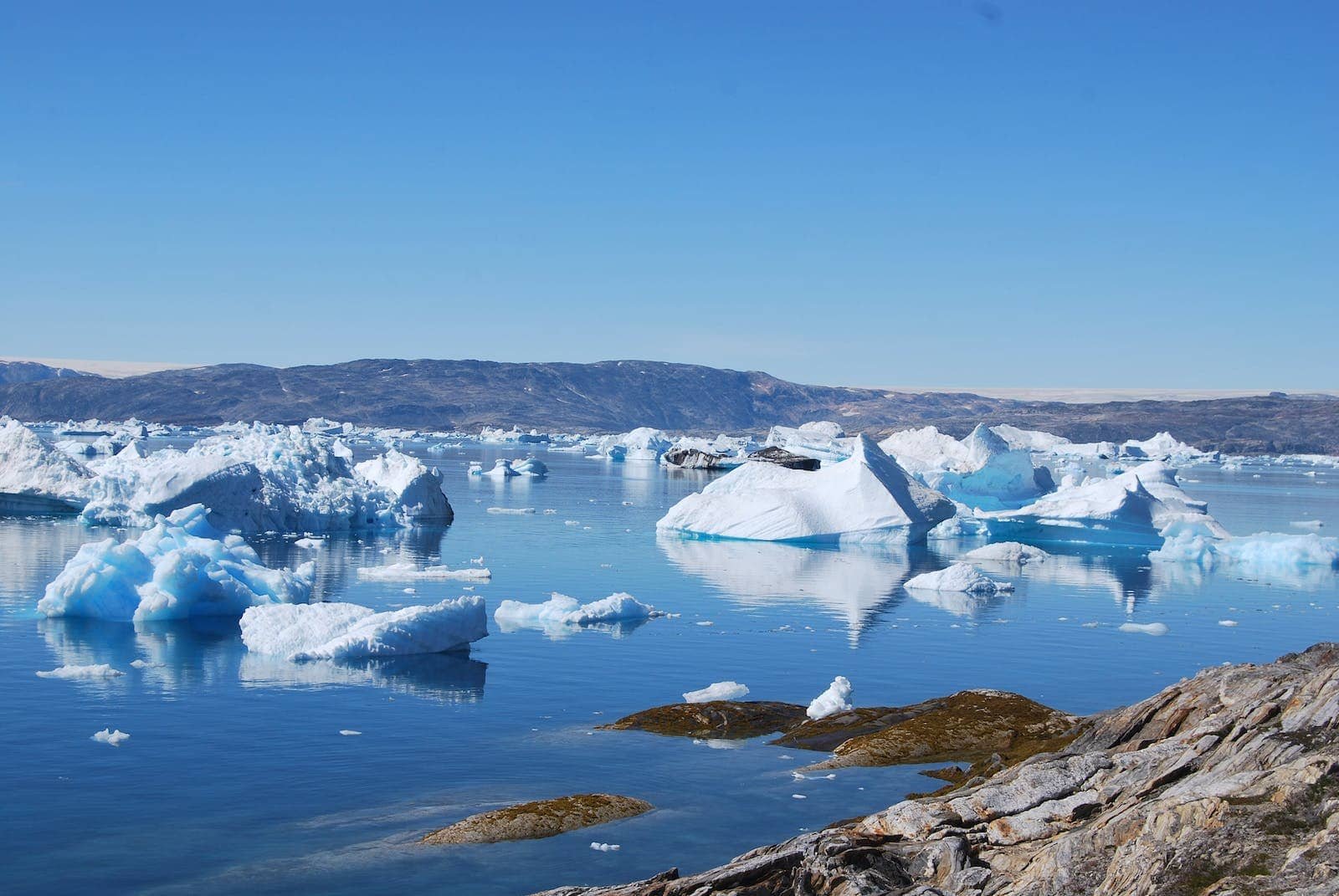The climate crisis is one of the most pressing issues facing humanity today. As global temperatures continue to rise and extreme weather events become more frequent and severe, there is growing concern about the long-term impacts of climate change on our planet.
In this article, we will take a closer look at the current state of the climate crisis, and whether global warming is getting better.
The current Impacts of Global warming
Climate change and global warming are already having significant impacts around the world. Here are some of the most notable effects:
Rising sea levels

Rising sea levels are one of the most significant impacts of climate change and global warming.
The World Meteorological Organization (WMO) has revealed that global sea levels are rising at a significantly higher rate than what was recorded in the initial decade of measurements from 1993 to 2002.
The organization disclosed that this trend was caused by extreme glacier melt and record ocean heat levels, which expanded water levels.
The WMO also stated that sea levels rose by an average of 4.62mm yearly between 2013 and 2022, leading to a total increase of over 10 cm since the early 1990s.
According to a study published in the journal Nature, melting glaciers in Greenland and Antarctica could cause sea levels to rise by up to 2 meters (6.5 feet) by the end of this century, which is about 200% higher than previous estimates.
rising sea levels can cause more frequent and severe flooding and erosion of coastal areas, damaging infrastructure and homes while displacing millions of people.
Extreme Weather Events

Global warming is causing more frequent and severe weather events such as heatwaves, droughts, hurricanes, and wildfires.
According to a report by (IDMC), extreme weather events, such as floods, hurricanes, and wildfires, displaced over 2 million people in the Americas in 2022 alone.
in 2020, the United States also experienced a record-breaking hurricane season, with 30 named storms, causing billions of dollars in damage and resulting in the loss of dozens of lives.
These events are having devastating impacts on communities, causing damage to infrastructure, homes, and crops, leading to the loss of many lives.
Biodiversity Loss

Global warming and Climate change are causing the loss of species and habitats while threatening the balance of ecosystems.
As temperatures rise, many species are shifting their ranges to higher latitudes or elevations in search of suitable habitats.
Some species may not be able to adapt quickly enough to keep up with the pace of climate change, leading to declines in populations and even extinction.
The Great Barrier Reef is the world’s largest coral reef system and is home to a diverse range of marine life.
According to a report backed by the UN, the Great Barrier Reef faces an uncertain future as a result of rising sea temperatures, ocean acidification, and extreme weather events.
The report highlights that the threat posed by coral bleaching has caused significant damage to the reef’s ecosystem and urges an immediate action to protect this unique and important ecosystem.
Human Health

According to a statement by the World Health Organization (WHO), climate change is already causing deaths, but immediate and strong action can prevent further fatalities.
The statement highlights that the impact of climate change, such as extreme weather events, air pollution, and the spread of disease, is already having a devastating effect on people’s health.
extreme heat waves can cause heatstroke and other heat-related illnesses, particularly in vulnerable populations such as the elderly, children, and those with pre-existing health conditions.
The WHO warns that these impacts will only intensify in the coming years, leading to more deaths, unless urgent action is taken to address the root causes of climate change.
There are still many challenges ahead of us
These are just some of the most notable impacts of global warming and climate change, but one thing is clear and that is urgent action is needed to address the climate crisis and prevent the worst impacts of global warming.
Some countries have been slow to act on climate change, and there is a lack of international cooperation and coordination.
furthermore, Developing countries, which are often the most vulnerable to the impacts of climate change, have less capacity to adapt and transition to cleaner energy sources.
on the other hand, Fossil fuel companies and other industries that contribute to greenhouse gas emissions have significant economic power, which is making it difficult to transition to a low-carbon economy.

So, is global warming getting better?
While there are certainly positive developments in the fight against climate change, the reality is that global temperatures continue to rise, and the impacts of climate change are becoming more severe.
It is clear that urgent and ambitious action is needed to address the climate crisis, even if we see signs of improvement in our atmosphere.
by working together and raising awareness, we can always demand more cooperation and coordination among our leaders.










